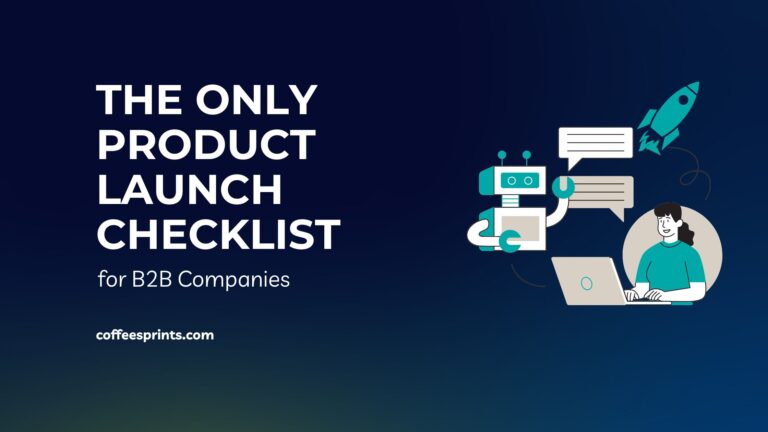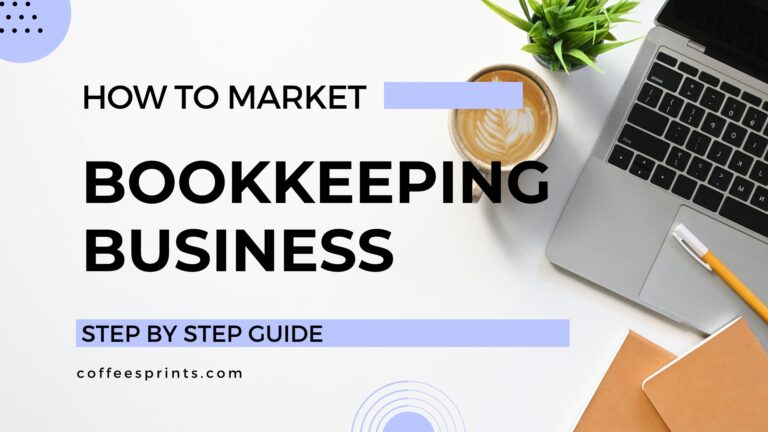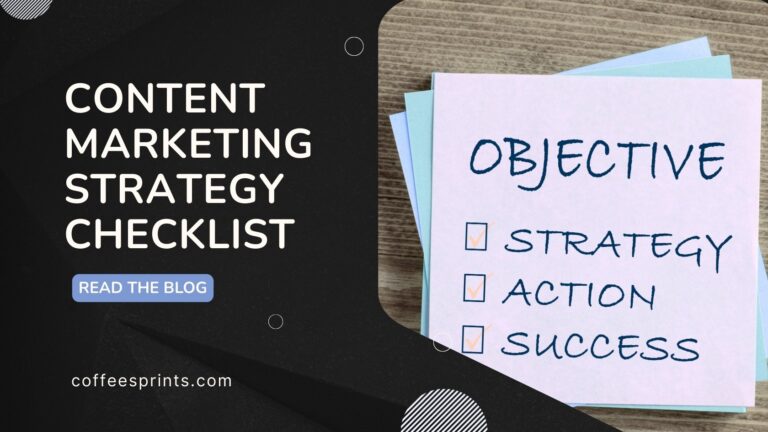9 Best CRM for Solopreneurs: The Smart Way to Run a One-Person Business
Running a one-person business is exciting, but it can also feel overwhelming.
Between managing client relationships, following up on leads, and keeping track of projects, it’s easy to lose opportunities in a sea of spreadsheets or sticky notes.
So you need a CRM to run your small business efficiently.
Even if you’re a team of one, the right CRM (Customer Relationship Management software) helps you organize contacts, streamline follow-ups, and close more deals without the chaos.
Why a Solopreneur Needs a CRM
Many solopreneurs and small business owners think CRMs are only for big companies or sales teams. But in reality, using a CRM is even more valuable when you’re running everything yourself.
No more spreadsheets: Instead of juggling contacts, leads, and notes across multiple files, everything lives in one place.
Never miss a follow-up: Automated reminders make sure you stay on top of leads and clients.
Professional client experience: Even as a one-person business, you can look polished and organized.
Time-saving automation: A CRM can send emails, log activities, and schedule follow-ups so you can focus on actual work.
What Solopreneurs Should Consider in a CRM
When choosing the best CRM for one-person businesses, you don’t need enterprise-level complexity. Instead, look for tools that are simple, affordable, and designed for speed.
Here are the most important factors you should consider:
1. Simplicity & Speed
You don’t have time for a steep learning curve. The best CRMs for solopreneurs should let you get set up in minutes, not weeks.
2. Pricing & Free Access
Look for tools with free tiers or affordable plans. Many CRMs now offer forever-free options for solopreneurs.
3. Pipeline Visibility
A clean visual pipeline helps you see exactly where each lead or client stands. Drag-and-drop boards are especially great for solo users.
4. Automation
Basic workflows can be a game-changer: automatic reminders, follow-up emails, and task creation.
5. Integrations
Your CRM should integrate well with Gmail, Outlook, calendar apps, invoicing tools, or email marketing software you already use.
6. Scalability
Choose a CRM that can grow with you. Even if you’re solo today, you may add a VA or team in the future, without switching systems.
Quick Comparison Table – Best CRMs for Solopreneurs & Small Businesses
| CRM Tool | Best For | Pricing (Starts at) | Key Features for Solopreneurs | Free Plan? |
| HubSpot CRM | All-in-one free starter CRM | $0 | Contact mgmt, pipeline, email | ✅ Forever free |
| Zoho CRM | Affordable scalability | $14/mo | Sales pipeline, automations | ✅ Free plan |
| Pipedrive | Visual pipeline management | $14.90/mo | Drag-drop pipeline, reminders | ❌ |
| Freshsales | Ease of use + built-in telephony | $15/mo | Lead scoring, calls, automations | ✅ Free trial |
| Insightly | Project + CRM in one | $29/mo | CRM + project management | ❌ |
| Notion + Add-ons | Lightweight single-user CRM | Free / $8+ | Customizable workspace | ✅ |
| Streak CRM | Gmail users who live in inbox | $15/mo | Runs inside Gmail, pipelines | ✅ Free plan |
| Capsule CRM | Simplicity & essentials | $18/mo | Contacts, tasks, pipeline, Google/MS365 apps | ✅ Free plan (250 contacts) |
| Bonsai | Freelancers needing CRM + invoicing | $25/mo | CRM + contracts, proposals, invoicing, client portal | ❌ (7-day free trial) |
Top 9 CRMs for Solopreneurs & Small Business Owners
1. HubSpot CRM
HubSpot is one of the most popular CRMs on the market, known for its forever-free plan and a wide range of marketing, sales, and service features. Even as a solopreneur, you get access to enterprise-level tools without the upfront cost.
Benefits:
- Forever-free plan with unlimited users.
- Easy-to-use, intuitive dashboard.
- Strong integrations (Gmail, Outlook, Zapier, Slack).
- Email tracking, meeting scheduler, and pipeline management.
Downsides:
- Paid features can get expensive as you scale.
- Can feel overwhelming with too many unused tools for a solopreneur.
Pricing: Free plan available. Paid plans start at $20/month per seat.
Best For: Solopreneurs who want a free, reliable CRM to start with and don’t mind learning a slightly more complex system.
2. Zoho CRM
Zoho CRM is a budget-friendly, flexible solution ideal for small businesses and solo operators. It’s part of Zoho’s full business suite, which makes scaling easier if you later add accounting, email, or project management.
Benefits:
- Affordable pricing tiers, including a free plan (up to 3 users).
- AI assistant (Zia) for lead scoring and insights.
- Customizable workflows and dashboards.
- Integrates seamlessly with other Zoho apps and third-party tools.
Downsides:
- Interface can feel dated and clunky.
- Steeper learning curve compared to some CRMs.
Pricing: Free plan (up to 3 users). Paid plans start at $14/month per user.
Best For: Solopreneurs on a budget who want flexibility and customization without breaking the bank.
3. Pipedrive
Pipedrive is built around visual pipeline management. It’s simple, fast, and designed to help you focus on closing deals rather than learning complex features.
Benefits:
- Highly visual and intuitive pipeline.
- Simple setup; easy to learn in minutes.
- Great automation features (email, task reminders, deal updates).
- Excellent mobile app.
Downsides:
- No free plan (just a 14-day free trial).
- Some advanced features (reporting, workflow automations) require higher tiers.
Pricing: Starts at $12/month per user.
Best For: Solopreneurs who want a straightforward, no-frills CRM that helps them focus on sales.
4. Freshsales (by Freshworks)
Freshsales is a powerful yet affordable CRM with built-in email, phone, and AI-based lead scoring. It’s a great “all-in-one” option for solo operators.
Benefits:
- Built-in telephony and email tracking.
- AI-powered lead scoring and insights.
- Easy-to-use interface with minimal setup required.
- Free plan for up to 3 users.
Downsides:
- Some integrations are limited compared to competitors.
- Advanced automation and analytics require paid plans.
Pricing: Free plan available. Paid plans start at $15/month per user.
Best For: Solopreneurs who want a sales and communication tool in one place.
Recommended Read
10 Marketing Tools Every Entrepreneur Need
5. Insightly
Insightly is a CRM with a strong focus on project management and integrations, making it perfect if your business needs both sales tracking and task organization in one platform.
Benefits:
- Combines CRM with project management features.
- Custom dashboards and reporting.
- Wide range of integrations (Google, Microsoft, Mailchimp, QuickBooks).
- Good for service-based solopreneurs managing projects.
Downsides:
- Slightly higher pricing for advanced features.
- Not as simple or lightweight as Pipedrive or Capsule.
Pricing: Starts at $29/month per user.
Best For: Service-based solopreneurs who want CRM + project management in one tool.
6. Capsule CRM
Capsule CRM is designed for simplicity and clarity. It’s one of the easiest CRMs to get started with, offering just the essentials: contacts, sales pipeline, and tasks.
Benefits:
- Minimal, clean interface that’s easy to learn.
- Great for tracking contacts, deals, and follow-ups.
- Google Workspace and Microsoft 365 integrations.
- Affordable pricing.
Downsides:
- Limited advanced features like automation and AI.
- May feel too “basic” for growing businesses.
Pricing: Free plan (up to 250 contacts). Paid plans start at $18/month per user.
Best For: Solopreneurs who want the simplest possible CRM without distractions.
7. Bonsai
Bonsai is more than just a CRM—it’s a full business management suite tailored for freelancers and solopreneurs, covering contracts, invoices, proposals, and projects.
Benefits:
- Combines CRM with invoicing, proposals, and contracts.
- Ideal for freelancers and creative solopreneurs.
- Client portal for sharing proposals and invoices.
- All-in-one simplicity saves time switching tools.
Downsides:
- More expensive than standalone CRMs.
- Not as strong for traditional sales pipelines.
Pricing: Starts at $25/month.
Best For: Freelancers and solo service providers who want CRM + contracts + invoicing in one tool.
8. Notion + Add-ons
Notion isn’t a traditional CRM, but with templates and add-ons, it can become a lightweight and highly customizable CRM for solopreneurs who love flexibility.
Benefits:
- Fully customizable — build your own CRM workflow.
- Perfect for solopreneurs who already use Notion for notes/projects.
- Tons of community-built CRM templates.
- Integrates with automation tools (Zapier, Make).
Downsides:
- No out-of-the-box CRM features — requires setup.
- Lacks advanced CRM functions (email tracking, lead scoring).
Pricing: Free personal plan, paid plans from $8/month.
Best For: Solopreneurs who prefer flexibility and want their CRM inside a productivity hub.
9. Streak CRM
Streak lives inside Gmail, so if you already spend most of your day in Gmail, this CRM feels seamless. It’s built for small teams and solopreneurs who want pipeline management without leaving the inbox.
Benefits:
- Runs entirely inside Gmail.
- Visual pipelines, email tracking, and reminders.
- Easy collaboration on client conversations.
- Free plan for basic needs.
Downsides:
- Limited to Gmail users (no Outlook or other mail support).
- Reporting and automations are lighter than dedicated CRMs.
Pricing: Free plan available. Paid plans start at $15/month per user.
Best For: Solopreneurs who want a simple, Gmail-native CRM without extra tools.
To wrap things up!
Running a one-person business doesn’t mean you have to do everything manually. A good CRM acts like your sales team, keeping track of leads, automating follow-ups, and giving you clarity on your pipeline.
Keep in mind the best CRM for solopreneurs is the one that matches your workflow. Start with a free plan or trial, test the workflow, and see which one saves you the most time and energy. That’s the true ROI of a CRM for solopreneurs like you.
FAQs about CRM for Solopreneurs
1. Do solopreneurs really need a CRM?
Yes—if you’re managing more than a handful of clients or leads. Spreadsheets can’t automate follow-ups or track your pipeline effectively.
2. What is the easiest CRM for one-person businesses?
Streak (for Gmail users) and Less Annoying CRM are often considered the simplest and quickest to set up.
3. Which CRM has the best free plan?
HubSpot CRM offers the most robust forever-free plan with contacts, email tracking, and pipeline management.
4. What’s the cheapest paid CRM for solopreneurs?
Less Annoying CRM at $15/month is one of the most affordable options without hidden costs.
5. Can I start with a CRM now and expand later?
Yes—most tools like HubSpot, Zoho, and Pipedrive scale easily when you move from solo to a small team.
6. What features should I prioritize as a solopreneur?
Ease of use, pipeline visibility, email/Gmail integration, and simple automation. Advanced features matter less in the beginning.






